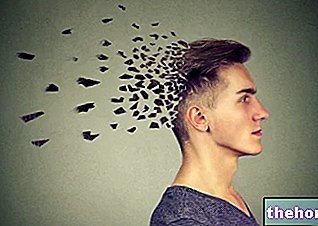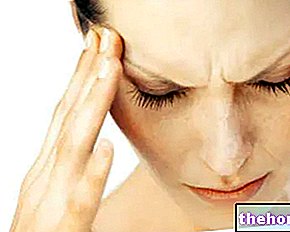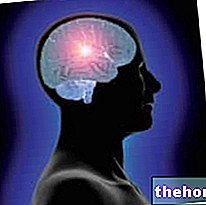Generality
Melancholy (or melancholic depression) is a psychiatric disorder characterized by a very strong lowering of mood and the inability to find pleasure in positive events (anhedonia).

Treatment involves the administration of antidepressant drugs in combination with other approaches (such as cognitive-behavioral therapy and interpersonal psychotherapy), normally used for major depressive disorder.
What's this
Melancholia is a particularly severe form of depression, characterized by a distinctive clinical profile:
- Deep and unmotivated lowering of mood;
- Anhedonia (loss of interest or inability to take pleasure in carrying out usually rewarding activities);
- Marked slowdown of all psychic activities and motor initiative.
Causes
Melancholy is caused by the interaction of biological, genetic and psychosocial factors.
- Biological Factors: Depression with melancholic characteristics appears to have a biological root. These causes have not yet been fully clarified, but the dysfunction of some neurotransmitters, ie substances that allow the normal transmission of nerve impulses, may be involved. These play, in fact, an important role in the mechanisms that regulate the tone of mood, the ability to react to situations and the relationship with the outside world. People with psychotic disorders, hospitalized or elderly are considered more susceptible to the development of melancholy.
- Genetic factors: in some cases, a predisposition to melancholy may be present among 1st degree relatives.
- Psychosocial factors: often, melancholy episodes occur for no apparent reason; only in a few cases can they be associated with a negative triggering event (stressful situations, disappointments, sudden bereavement, etc.).
Melancholia is common in older people and often goes unnoticed, as some doctors interpret the symptoms as manifestations of senile dementia.




























